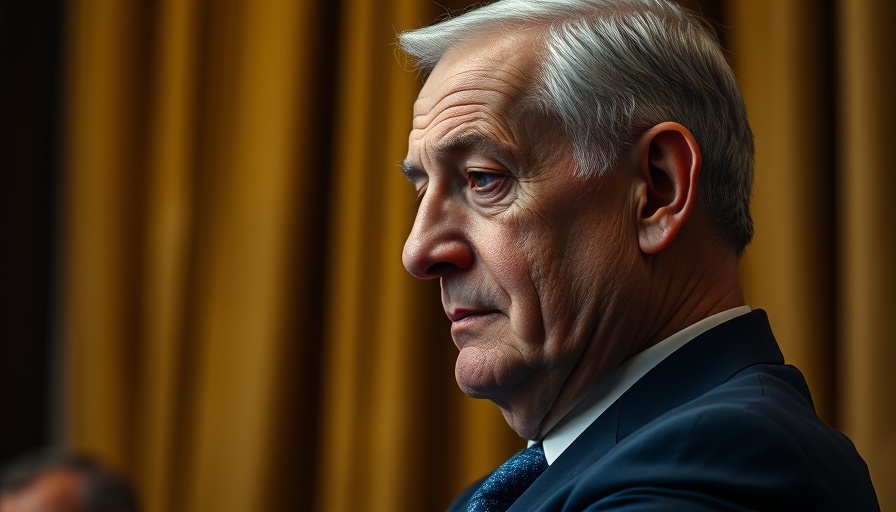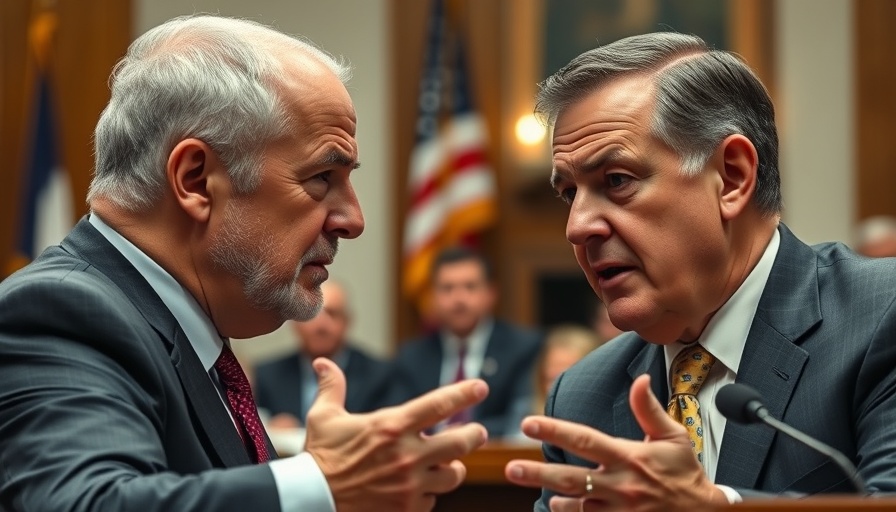
Trump’s TikTok Delay: A Complex Dance of Tariffs and National Security
In a bold move, President Trump has recently extended a controversial delay concerning Congress’s push to either divest TikTok from its Chinese parent company or enforce a ban on the app altogether. His administration frames this action not merely as a delay, but as a testament to the power of tariffs as a tool for national security.
The National Security Narrative
In April 2024, Congress passed the Protecting Americans from Foreign Adversary Controlled Applications Act (PAFACA), which explicitly highlights TikTok’s ownership by Chinese firm ByteDance as a potential national security threat. The government worries that the vast amounts of user data managed by TikTok could be siphoned off to the Chinese government. This is not merely speculation; ByteDance is facing penalties in the European Union for allegedly transferring data across borders without user consent. The EU is poised to fine the company upwards of €500 million, a hefty reminder of global scrutiny facing popular platforms reliant on user data.
Political Calculations Behind the Delay
In making his announcement, Trump proclaimed his administration’s commitment to “saving” TikTok, asserting that negotiations are underway and that tariffs can be leveraged to extract favorable terms in trade transactions with China. This assertion becomes quite the centerpiece in his rhetoric: by suggesting that tariffs bolster national security, Trump shifts the narrative from what is largely a business and privacy issue to a matter of protecting Americans from foreign adversaries.
Economic Tools or Political Maneuvers?
However, critics argue that this narrative is a smoke screen for further political gains. Opponents of the Trump administration’s tariff policies have long maintained that these levies disrupt global trade relationships without achieving their stated goals. Trump's use of tariffs as leverage in negotiations over a social media platform might be viewed by some as desperate yet strategic, blurring the lines between creating an economic advantage and prioritizing imminent national security concerns.
The Broader Context of U.S.-China Relations
This TikTok dilemma is emblematic of larger tensions between the U.S. and China that have escalated significantly in recent years. As both nations grapple with trade imbalances and technological advancements, finding common ground appears increasingly difficult. Trump’s proposal to pair successful trade negotiations with concessions on tariffs could either exacerbate tensions or serve as a viable diplomatic approach—one that critics are not convinced will work.
What’s Next for TikTok?
As the deadline approaches for the new 75-day extension, tech and trade observers are keenly watching how these negotiations unfold. Will TikTok be forced into a sell-off to ensure American user data remains protected, or can negotiations create a path forward that placates both security concerns and corporate interests?
Ultimately, this situation demonstrates the increasingly intertwined nature of national security, economic tools like tariffs, and the fast-evolving landscape of digital platforms. Monitoring the outcomes of such decisions will be essential for civil rights advocates and immigration attorneys alike, as they might set precedents impacting privacy rights and international commerce.
A Call to Stay Informed
For civil rights and immigration attorneys, understanding the implications of this evolving narrative is crucial. As negotiations continue and the political landscape shifts, being attuned to the intersections of technology, law, and national policy is imperative. Follow reliable news sources to stay updated on how the TikTok saga unfolds, as it may influence broader debates on digital privacy and international relations.
 Add Row
Add Row  Add
Add 

 Add Row
Add Row  Add Element
Add Element 




Write A Comment